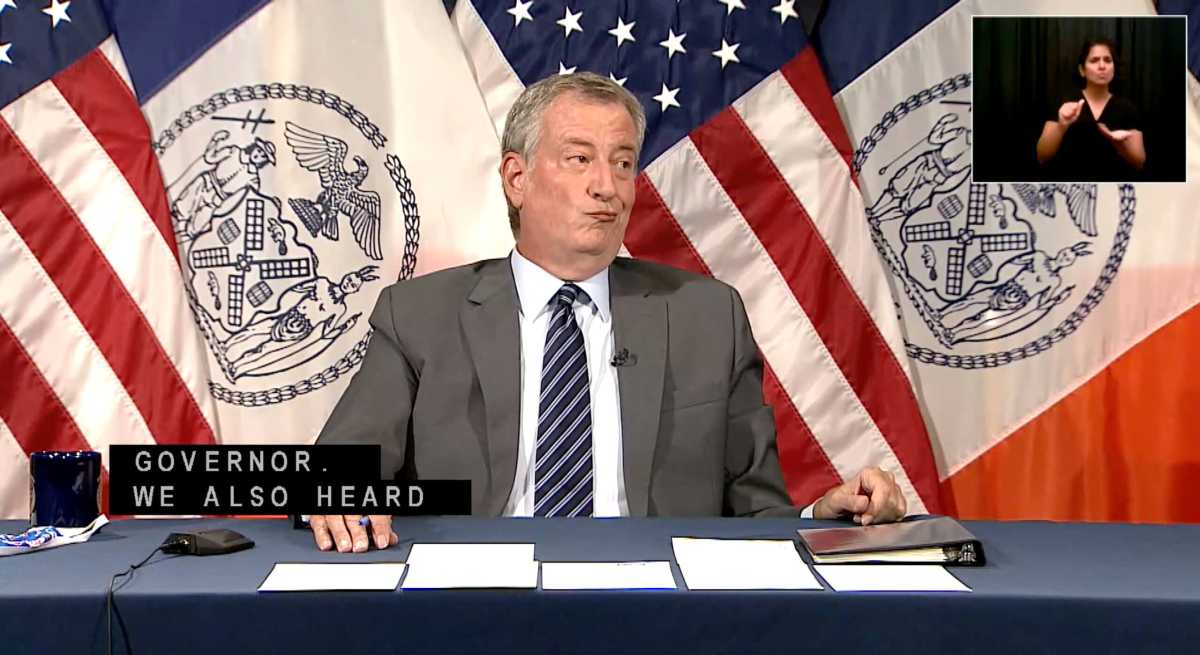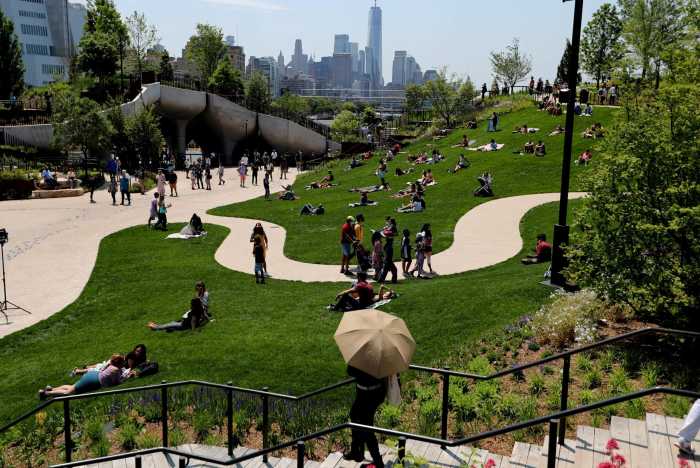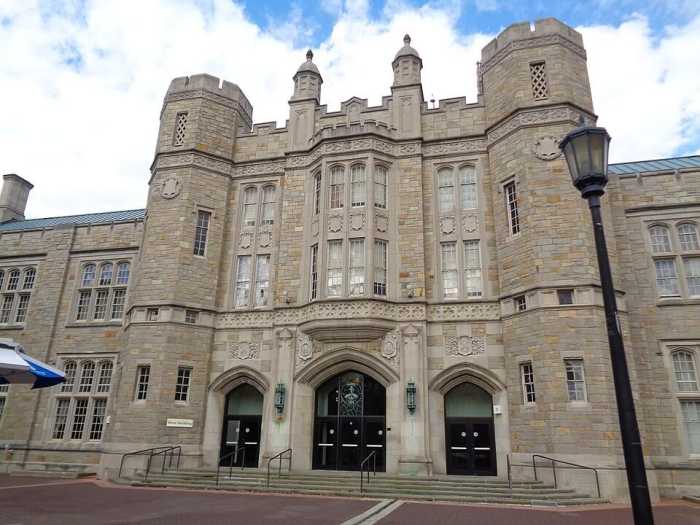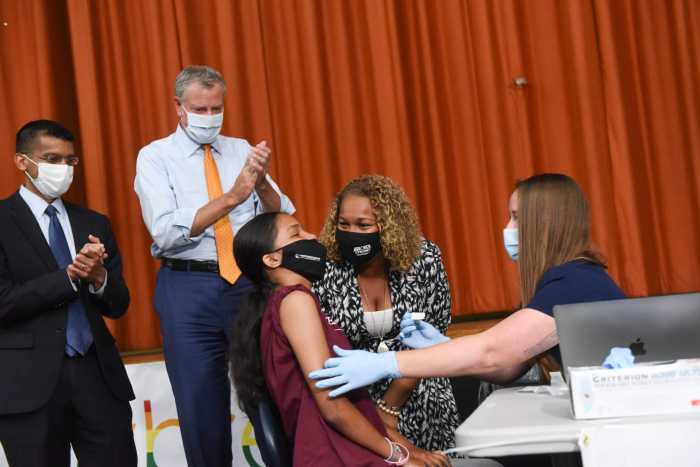Can’t they make it go any faster?
That’s what Mayor Bill de Blasio essential asked Tuesday in blasting the MTA’s 16-month timeline to do an environmental review of the long-stalled congestion pricing proposal to toll drivers heading into downtown Manhattan.
“Do I buy that timeline? No. I’d like to meet the person who thinks 16 months is ‘expedited’ — that’s ridiculous,” de Blasio told reporters at his Aug. 17 press briefing. “Everyone’s gotta go faster. I mean, this is crazy.”
MTA officials must conduct a so-called environmental assessment to suss out the potential effects of charging drivers heading into Manhattan below 61st Street, officially known as Central Business District Tolling.
The agency told The New York Times that the review of the toll’s potential effects on residents in New York, New Jersey, and Connecticut would take about 16 months.
Lieutenant Governor/soon-to-be Governor Kathy Hochul told the paper that, while she supported congestion pricing in the past, she needed to “evaluate further given the constantly changing impact of COVID-19 on commuters.”
The Big Apple would be the first city in the nation to toll drivers coming into its central business district, but other metropolitan areas have already had similar tolls for years, including London, Milan, Stockholm, and Singapore.
Stateside, the proposal has proven to be a thorny issue, especially for suburban residents and commuters from the two neighboring states.
Hochul confirmed she plans to run for governor in 2022 after finishing the term of scandal-ridden outgoing Governor Andrew Cuomo this year. The 16-month timeframe would keep the toll from being implemented until after she faces voters, potentially, in the November 2022 general election.
The mayor was scheduled to meet with the Hochul in New York City Tuesday, and said he would bring up congestion pricing, adding that MTA needs to get the two-year-old project going already.
“If they want to know the environmental impact I’ll tell them: It will reduce congestion, it will reduce pollution, it will help address climate change, get more people to go onto mass transit,” he said. “I just think this is getting a little ridiculous so we gotta find a way to speed this up and move forward, and in the meantime, do all the work and the decisions around it.”
amNewYork Metro reached out to Hochul’s office for comment, and is awaiting a response.
Hurry up and wait
The first-in-the-nation proposal was approved by the state legislature way back in 2019, with the aim of curbing congestion and pollution, and creating billions of dollars in funding for the city’s decaying subway system.
Congestion pricing promises to bring in $1 billion a year in new revenues and would generate $15 billion in new debt financing the Authority can use to pay for its $51.5 billion 2020-2024 capital plan — almost 30% of the massive spending proposal.
MTA awarded a contract to Tennessee-based company TransCore in October 2019 to design, operate, and maintain the tolling system and officials have already started designing and testing different equipment with the state and city DOTs, according to the agency.
New York officials blamed the Trump administration for stalling the project for two years, until the US Department of Transportation under President Biden in March allowed congestion pricing to start preparing for the environmental review.
MTA is close to finalizing its schedule for the project, according to transit officials, and if the environmental review finds no significant impact, the contractor from Tennessee has 310 days to get the toll up and running.
De Blasio used to be a skeptic of the charge, but in recent months, the term-limited mayor has started beating the drum to get it moving, even as MTA finance bigwigs said they’re fine without the extra income for now.
‘Mystified’ by the mayor
MTA’s senior advisor on congestion pricing Ken Lovett shot back in a statement saying the review had to cover a large area across the tri-state region.
“We’re mystified by the Mayor’s statement. The planned 16-month schedule was the result of months and months of negotiations between the USDOT and MTA, the state Department of Transportation and the Mayor’s own city DOT,” said Lovett. “Furthermore, the 16-month timeframe for such an expansive project that covers 28 counties and 22 million people is actually shorter than for many projects with relatively small geographic and environmental footprints.”
He cited other projects like the Penn Station Access, which had a two-year environmental assessment for adding four new Metro-North Railroad stations along existing Amtrak tracks in the eastern Bronx.
Lovett also accused City Hall of delaying the process for two weeks by not giving their sign off on the review’s schedule, which MTA needs from local partners before sending the timeline to the feds.
“By throwing his own DOT professionals under the bus and refusing to provide the sign off that is required by the federal government, City Hall has already delayed the start of this project by two weeks and threatens to impose even further delays,” he said.
The Mayor’s press office did not immediately respond to a follow-up question regarding Lovett’s accusations.






































